The European Supply Chain Law is a groundbreaking legislative initiative aimed at promoting ethical and sustainable business practices within the European Union. It is important for Companys dealing with Countries of the EU.
Let’s delve into the key points:
- Objective and Scope:
- The law obliges companies operating within the EU to meticulously manage social and environmental impacts across their entire value chain.
- This includes not only their direct suppliers but also indirect suppliers, their own business operations, and the products and services they offer.
- Human Rights and Environmental Protection:
- The law seeks to ensure compliance with applicable human rights standards and environmental protection.
- By doing so, it aims to foster a fairer and more sustainable global economy while emphasizing responsible corporate governance.
- Adoption and Amendments:
- The draft law was proposed by the European Commission as the Corporate Sustainability Due Diligence Directive (CSDD).
- In December 2022, the European Council adopted the draft.
- On June 1, 2023, Members of the European Parliament (MEPs) voted to tighten the original proposal.
- Companies with 250 or more employees and an annual turnover exceeding €40 million worldwide will be subject to the law.
- Implementation Timeline:
- Transition periods of up to five years will apply, depending on the company’s size.
- Once the European Parliament and the Council of Ministers reach a common position, the law can take effect.
- Beyond National Legislation:
- The EU Supply Chain Law goes beyond existing national legislation.
- It surpasses cross-sectoral laws in countries like France and Germany.
- Its impact extends to social and environmental aspects throughout the supply chain.
In summary, the European Supply Chain Law aims to hold companies accountable for their actions, ensuring that only those operating responsibly and respecting human rights thrive within the EU.

